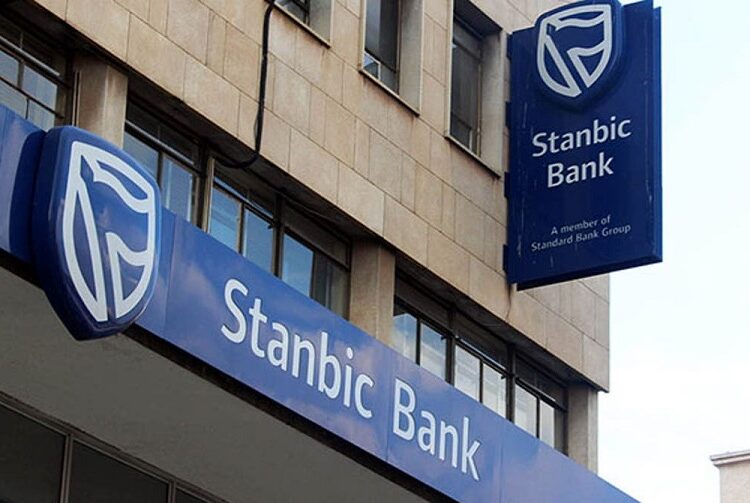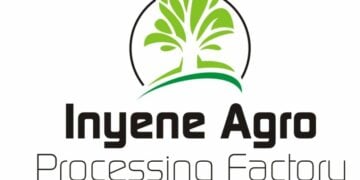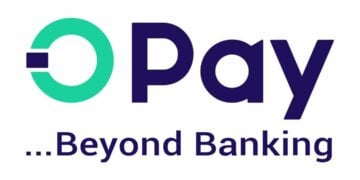Business activity in Nigeria slowed to its weakest level in seven months in June 2025, according to the latest Purchasing Managers’ Index (PMI) report by Stanbic IBTC Bank. The headline PMI fell to 51.6 in June from 52.7 in May, signaling the slowest pace of expansion since the current growth streak began late last year.
Nigeria’s private sector recorded its slowest expansion in seven months in June 2025, as business activity lost momentum despite signs of easing inflationary pressures, the latest Purchasing Managers’ Index (PMI) report from Stanbic IBTC Bank has revealed.
According to the report, the headline PMI declined to 51.6 in June from 52.7 in May, marking the weakest improvement in business conditions since the current growth cycle began late last year. Although the PMI reading remains above the 50.0 neutral threshold which indicates expansion, the moderation points to a fragile and uneven economic recovery.
Despite remaining in expansion territory, the decline signals a modest improvement in operating conditions, primarily driven by a notable slowdown in output, new orders, and purchasing activity, the report stated.
The slowdown comes amid easing inflation. Data from the National Bureau of Statistics (NBS) shows that Nigeria’s headline inflation rate declined for the second consecutive month in May 2025, dropping to 22.97 percent from 23.71 per cent in April.
On a month-on-month basis, inflation slowed to 1.53 per cent from 1.86 per cent, suggesting that ongoing macroeconomic reforms may be beginning to yield results.
Analysts attributed the disinflation to reduced price pressures in key sectors including food, utilities, healthcare, and clothing. However, firms continued to report rising input costs, although the pace of increase has moderated significantly.
The Stanbic IBTC PMI report pointed out that what companies charge customers rose at the slowest rate in over two years, ‘suggesting that firms are becoming more cautious about passing on costs in a price-sensitive environment.’
Despite the softening inflation, business sentiment remained mixed. Growth in output, new business, and purchasing activity all slowed during the month, with the manufacturing sector emerging as the key drag on overall performance. While agriculture and services saw moderate expansions, manufacturers reported a contraction in production.
The report noted that, “new business volumes rose at a slower rate, hitting a five-month low, as companies cited weaker demand from customers.” While some firms recorded gains in customer acquisition, the pace of growth was more subdued than in previous months.
Employment levels were broadly stable in June, following a marginal dip in May. Although firms modestly increased their purchasing activity, the pace of expansion was the weakest recorded since the current uptrend began, resulting in the lowest inventory accumulation in seven months.
Operational difficulties persisted across sectors, with work backlogs rising for a third consecutive month due to supply disruptions, delayed client payments, and persistent electricity shortages. These constraints, the report added, continue to weigh heavily on productivity and efficiency.
Nonetheless, business confidence showed a significant rebound, reaching its highest level since August 2022. According to the PMI, many firms expressed optimism about future output, citing planned investments in infrastructure and expansion of operations as major drivers of expected growth.





